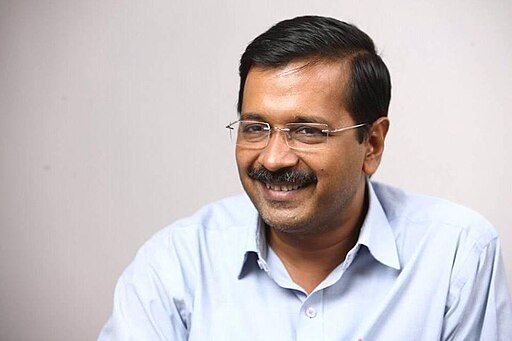Kejriwal’s detention marks Modi’s overreach, sparking a democratic backlash
The impact of Arvind Kejriwal’s arrest has ignited a firestorm of debate across India, symbolizing a dramatic shift from democratic norms to authoritarian tendencies. This event is not merely a political incident but a watershed moment that may redefine the essence of governance and liberty in the world’s largest democracy.
Narendra Modi’s tenure as Prime Minister has been characterized by a concerted effort to centralize power, gradually eroding the democratic fabric that binds India. The detention of Kejriwal, a figurehead of the opposition and a symbol of reformative politics, is perceived as the culmination of Modi’s long-standing ambition to silence dissent and consolidate his rule, mirroring dark chapters in global political history where leaders have used democracy as a vehicle to establish autocratic regimes.
Embed from Getty ImagesKejriwal’s Aam Aadmi Party (AAP) emerged as a beacon of change in Indian politics, advocating transparency, accountability, and a citizen-centric approach to governance. The party’s victory in Delhi, with an overwhelming mandate, was a testament to the public’s thirst for a new political narrative, diverging from the traditional power dynamics that have long dominated Indian politics.
The charges leading to Kejriwal’s arrest, tied to a policy reform in the liquor business, have raised significant questions about the motives behind the action. Critics argue that the move to privatize the liquor trade, aimed at enhancing efficiency and curbing corruption, provided no grounds for graft allegations. Instead, it highlighted a governance model striving for fairness and accessibility.
The backlash against Kejriwal’s arrest has transcended political boundaries, uniting various opposition factions in a rare show of solidarity. This unity underscores a growing recognition of the stakes involved—not just the future of a political party or leader but the very principles of democracy and federalism that India was founded upon.
As the nation grapples with this critical juncture, the response from the political community and civil society will be telling. The arrest has served as a clarion call for a united front against the erosion of democratic norms, urging a collective reevaluation of the direction in which the country is headed.
This moment demands more than passive observation; it calls for active engagement from every corner of the nation. The preservation of India’s democratic ethos hinges on the ability of its people and its leaders to recognize the gravity of the situation and to act decisively to safeguard the freedoms that are now under threat.
